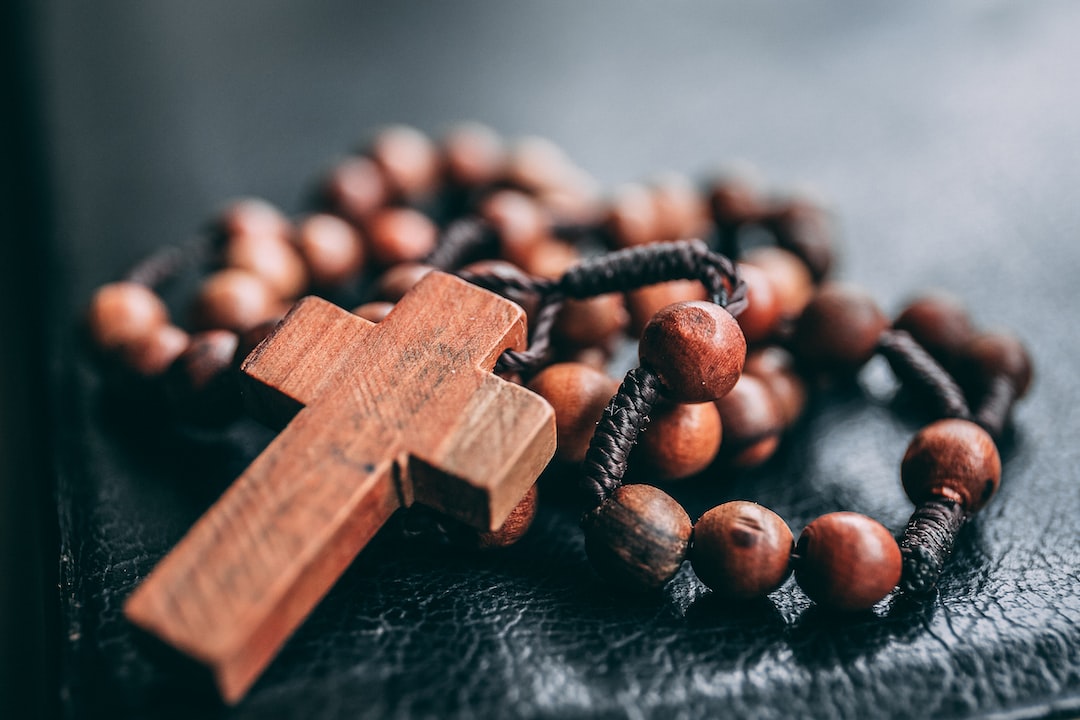The Role of Religion in Helping Individuals Cope with Loss and Grief
Loss and grief are inevitable parts of the human experience. We all go through moments of immense sadness and anguish, whether it be the death of a loved one, the end of a relationship, or the loss of a job. During these challenging times, many people find solace in religion and turn to their faith to help them cope with their pain. Religion plays a vital role in helping individuals navigate the complex emotions of loss and grief, offering comfort, support, and a sense of purpose.
One of the primary ways in which religion aids individuals in coping with loss and grief is by providing a supportive community. Within religious communities, there are often rituals and practices specifically designed to help individuals mourn and heal. For example, many faiths have funeral ceremonies that provide structure and guidance for grieving individuals. These rituals offer a sense of belonging and a safe space for the bereaved to express their emotions. The presence of a community that understands and shares their pain can be immensely comforting during such challenging times.
Moreover, religion provides a framework for understanding the existential questions that arise in the face of loss. When confronted with grief, individuals often grapple with questions about the meaning of life, the afterlife, and the nature of suffering. Religious beliefs offer answers to these profound questions, giving individuals a sense of purpose and hope. For example, many religious traditions believe in an afterlife where individuals will be reunited with their loved ones. This belief can provide solace and consolation during times of intense grief, offering reassurance that there is something beyond this earthly life.
Furthermore, religious practices such as prayer, meditation, and reflection offer individuals a way to connect with a higher power or divine presence. Engaging in these spiritual practices can provide comfort, peace, and a deeper sense of connection. For many, the act of praying or meditating allows them to express their emotions, seek guidance, and find strength in a power beyond themselves. This spiritual connection can be a source of immense comfort and support during the grieving process.
Religion also plays a crucial role in helping individuals navigate the process of forgiveness and finding meaning in their loss. Many religious traditions emphasize forgiveness and encourage individuals to let go of anger, resentment, and blame. By offering forgiveness and finding meaning in their grief, individuals can experience healing and growth. Religion provides a moral compass and a set of values that help individuals make sense of their pain and find purpose in their suffering. By channeling their grief towards actions that benefit others or by seeking to make positive changes in the world, individuals can find meaning and transcend their loss.
In conclusion, the role of religion in helping individuals cope with loss and grief is profound. Religion provides a supportive community, offers guidance in understanding the existential questions that arise, connects individuals with a higher power, and helps them find meaning and forgiveness in their loss. Whatever one’s faith may be, the rituals, practices, and beliefs that come with it can be instrumental in navigating the difficult journey of grief. Religion acts as a beacon of hope and solace, reminding individuals that they are not alone and offering them the tools to heal their broken hearts.

